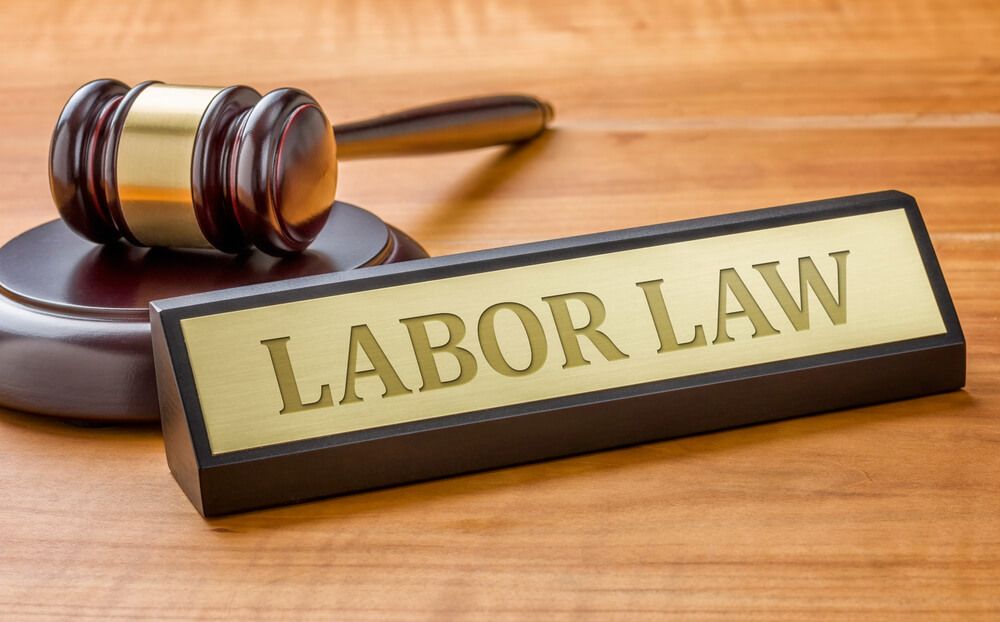It was reported in the research that hiring agencies had informal directives to hire single women, even in the absence of a formal policy. The reasons given are that ladies wear ornate jewellery, which can impede the production process, and that they may be away from work, particularly after giving birth.
The Ministry of Labour and Employment requested a thorough report on the matter from the Tamil Nadu government one day after the report was released, on June 26.The company notified the Union government on June 27 that 25% of its new workers are married women and that its policy prohibiting employees of any gender or religion from wearing metal is not discriminatory.

Source: Business Standard
There is no prohibition against discrimination based on marital status under India’s labour laws. The Narendra Modi administration has suggested new labour laws that would simplify the hiring and firing process and outlaw gender discrimination in the workplace, but they do not specifically address the problem of not hiring employees based on their marital status.In India, women make up a pitiful minority of the labour force, despite rapid economic growth. Official data indicates that in 2022–2023 women made up only 37% of the workforce, while men made up over 80%.
Modi has appropriately positioned women at the centre of government efforts to raise income levels and accelerate economic growth. But much work remains, and incidents such as the one at Foxconn cast doubt on both his position and the position of a progressive state like Tamil Nadu.India’s growth prospects would not be fully realised unless more women enter the workforce, and their marital status shouldn’t be a barrier to this. In the 1960s, the Supreme Court noted that there was no evidence to support the claim that married women were more prone than single women to miss work.
Source: Firstpost
Governments that aggressively solicit foreign corporations to establish manufacturing units, warehouses, and other facilities may find that the study about Foxconn and other companies serves as a litmus test.States vie with one another in order to attract investment and generate employment through such plans. This month, accusations of labour law infractions at the e-commerce behemoth’s warehouse in Manesar, Haryana, have also put Amazon India under scrutiny. Amid a sweltering heatwave, employees grumbled about the shortage of water and restroom breaks.
Although India benefits from the ‘China plus one’ policy, which attracts investments from global giants in various industries, the Center and the states must make sure that these investments rigorously abide by Indian labour and workplace rules. Income levels can only rise fairly after that.
What do you think about this? Comment below.

